«The Serra de Monchique is burning!!!» How many times have I heard and said this phrase… without being able to do anything. I'm not a firefighter, I don't belong to civil protection, I'm a simple citizen, but my soul hurts every time I see the mountains on fire.
Without being able to do anything… until I read some news, here in the Sul Informação, saying that the Monchique Chamber was looking for volunteers for a tree planting action. Now here was something that a retired person with “nothing to do” can do… if he wants (and can).
I signed up and, this Saturday, the 27th, there I was at 10 am, a perfectly tolerable hour, in Cruz da Fóia, on the north side of the mountain, properly equipped as requested: old (but acceptable) clothes, hat, gloves and a hoe* that had belonged to my father-in-law.
And so, around twenty people, from kids to old people (me!) duly guided by Forestry Sapadores and City Council staff, we met there on the land where they explained to us what we were going for: trying to recreate the laurel forest that existed before the trees were cut down. to make caravels, before intensive grazing and the misfortune of fires.
The story was interesting and we were left with a pamphlet that helped us understand things.
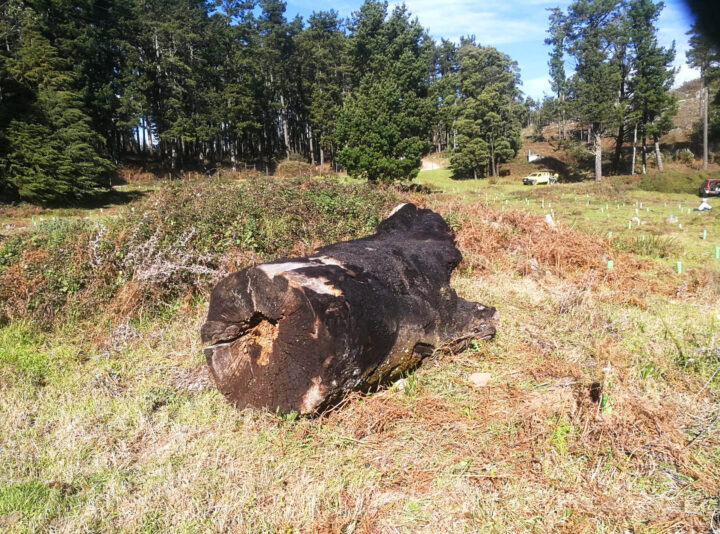
Regarding the fires, that entire area had burned down in the 2018 fire and replanting was supposed to take place at the end of the year, but it didn't rain. Now it has rained a little, but we don't know what the future will be like – or we know: there will be less and less rain, we will have less and less water, but that's a different story.
In practice, we were going to plant strawberry trees, oaks, cork oaks and other trees that I didn't know, but that seemed like good trees to me.
For the more forgetful, there was a supply of hoes, gloves and water, things that always come in handy in these types of activities.
The land to be replanted belongs to the City Council, is properly fenced and had already been the subject of a previous plantation – but the cattle and oxen gang found a way to bypass the scheme and manage to put the animals there to graze, which trampled on the small trees. and they ruined a lot of the work done. Obviously, oxen and cows are not to blame, but the same cannot be said about… things.
The volunteers were a very heterogeneous group, made up of people from the Algarve, Portuguese, foreigners, men, women, children, young people, old people, families, people who didn't seem to understand anything about it (like me), people who were used to working the land, everyone equipped with hoes, hoes, rakes, some with signs of use, others with brand new tools still with the tags on, but all, everyone, willing to dig, ie dig a hole of about 20 cm, place the tree, the protection (those green tubes that serve to protect and support the plant) replace soil, tamp the wheel making a boiler (as you can see, I learned some technical terms) – and let's move on to the next one.
I don't know how many trees I planted, but that doesn't matter. What matters is that, for better or worse (I hope well), I did my part. Fifty years from now I will be happy if “my trees” have thrived and I have made my small contribution to make the Monchique mountains happier. And for someone passing by to say “it’s right here, in this forest”.
Returning to the beginning of this text, after all, we can always do something!!!
Author The (happy volunteer) Accidental Chronicler
*Now I speak, the hoe! I was abandoned to my sad fate in a corner of the garage, when I saw a man come up to me, look suspiciously, pick me up and take me away.
He saw that I wasn't holding on tightly to the handle, so he went to get a hammer and stuck some shoulder blades in so that I was firmly in place and got me into a vehicle.
A few days later he caught me and, suddenly, I was in my beloved Serra de Monchique.
You have no idea how happy I was because I hadn't seen her for many years.
It had already been used a lot for planting potatoes, digging ditches, tilling the soil, but that was a long time ago and, now older, with a slightly bent handle and a bit rusty, there it was digging again.
I was proud when the man who was using me heard someone else say: “That hoe isn't good, we have better ones here” and he replied: “Sorry, but I'm going to use this one. It belonged to my father-in-law, who was also from Monchique and worked a lot with her here in the mountains”.
I was happy.
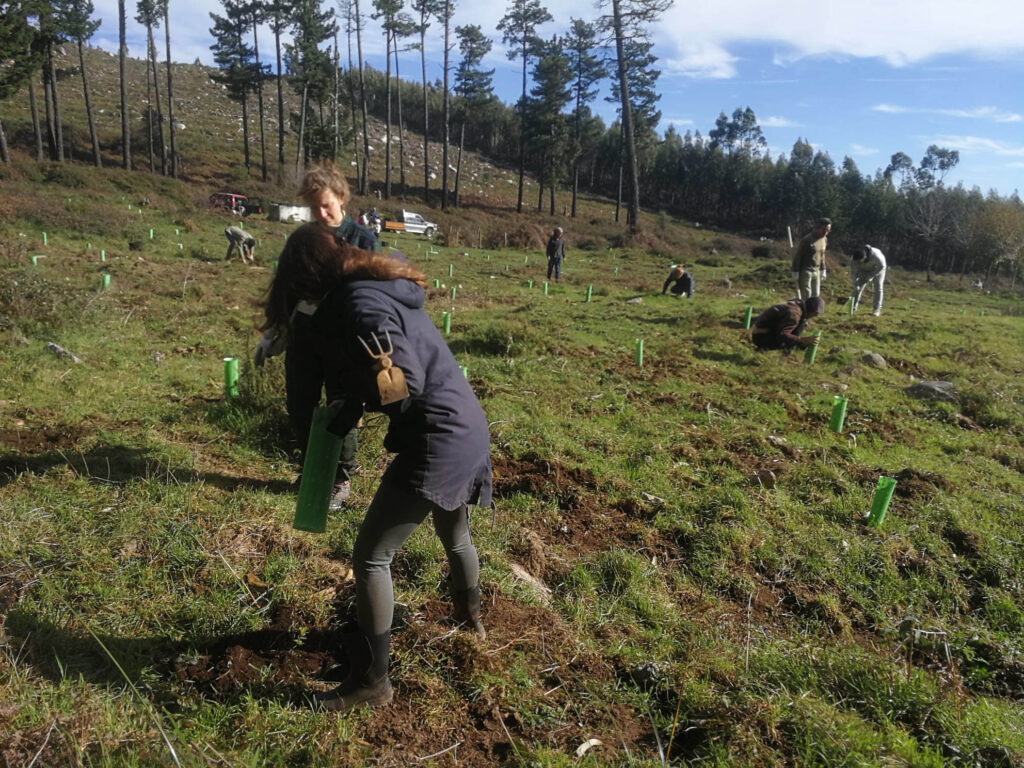
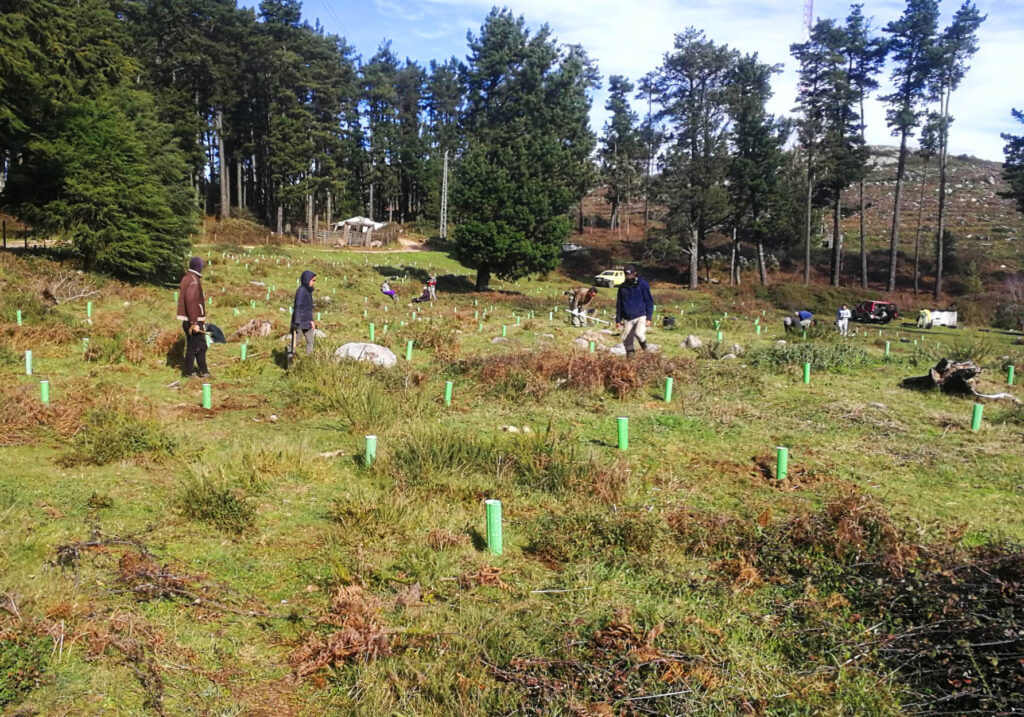
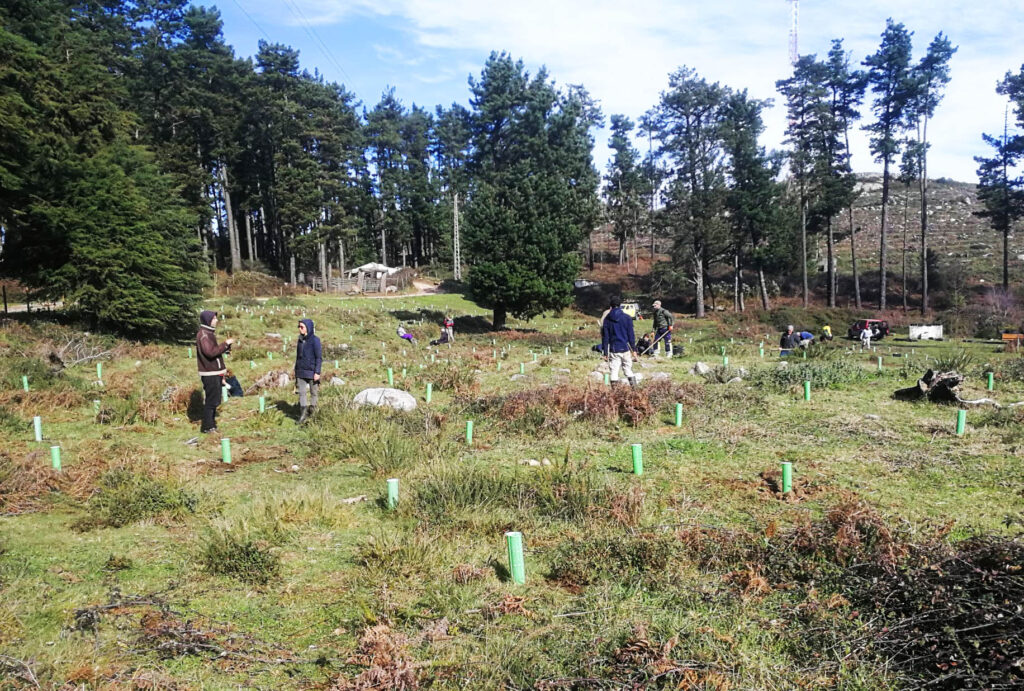
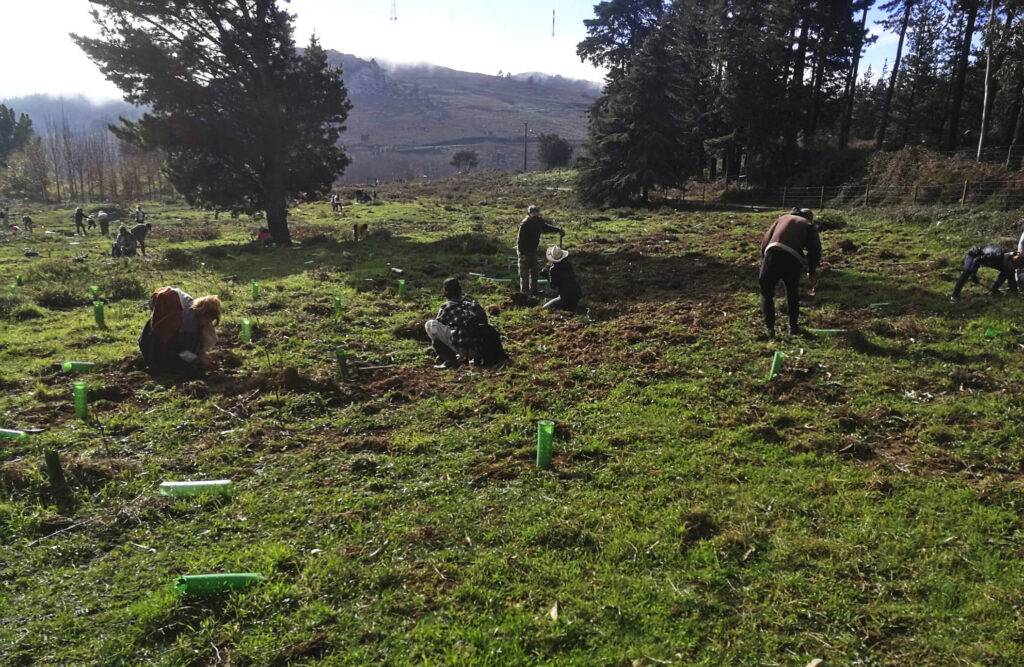
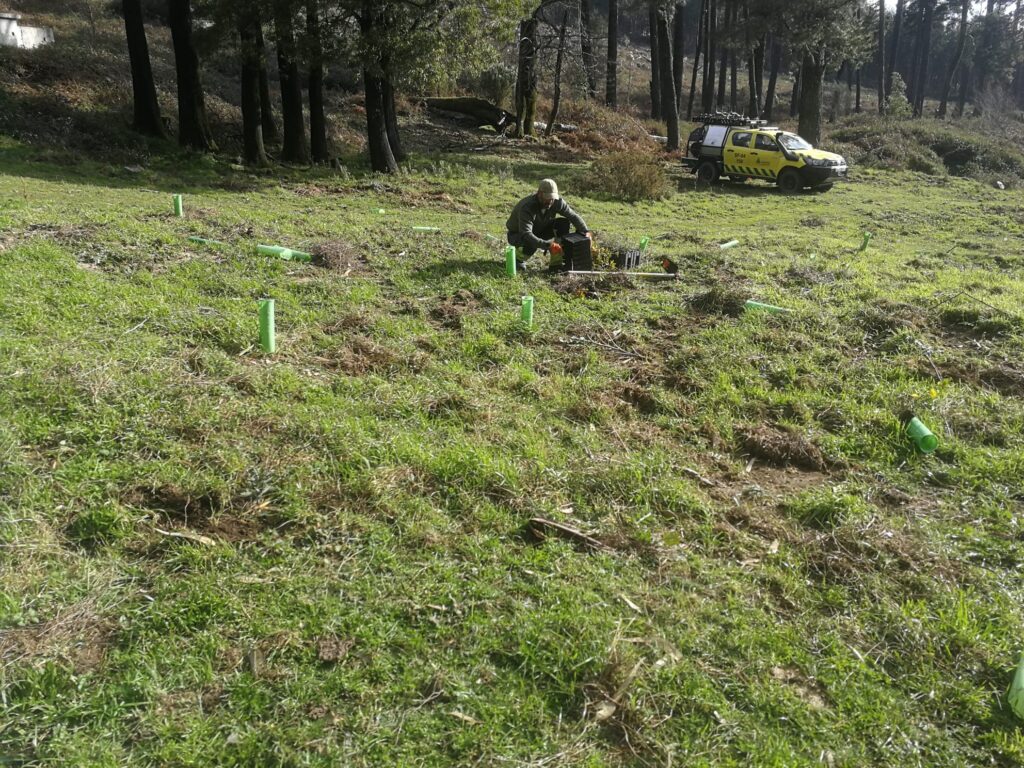
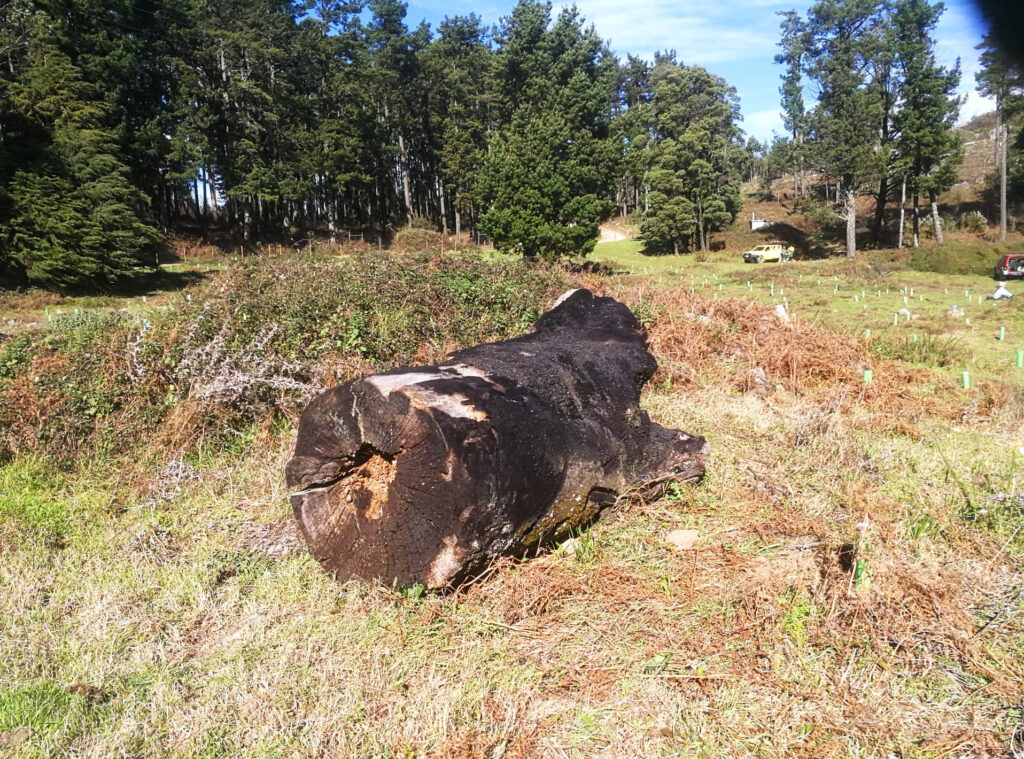
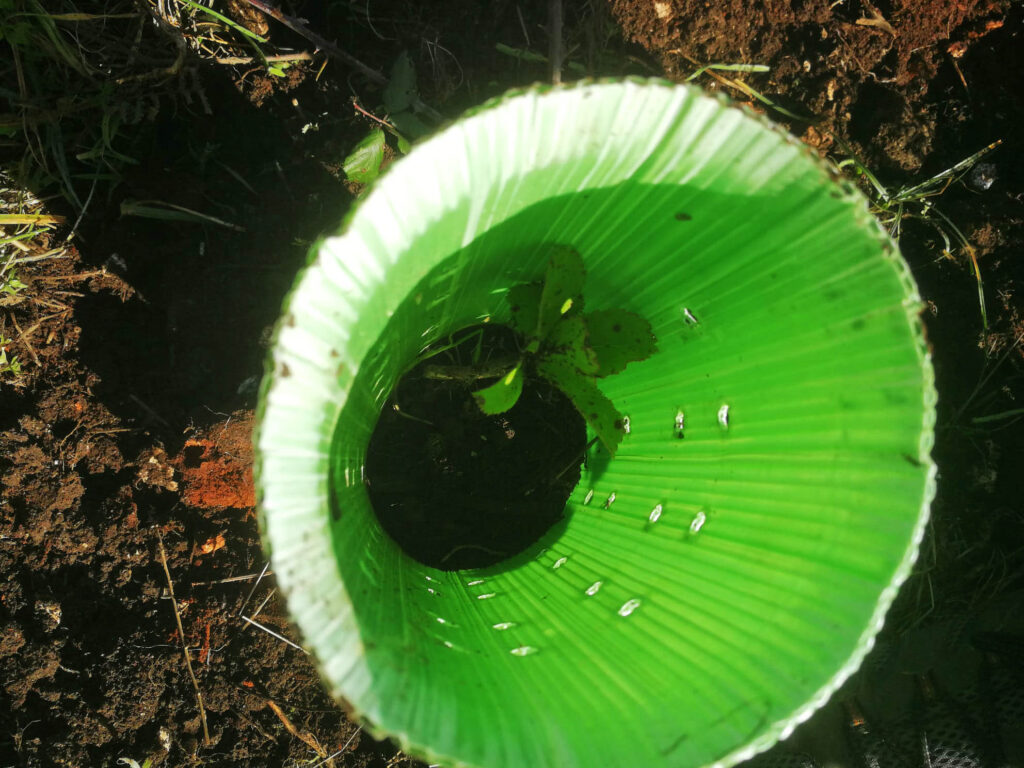


















Comments